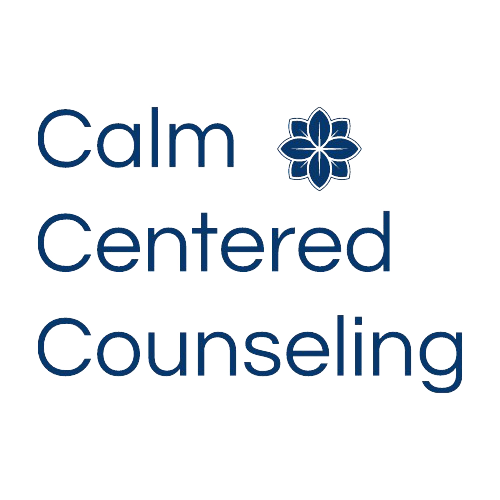How to Spot Depression in your Friends, Family, or Children
Depression is serious and is more than just feeling sad. In fact, depression can make a person feel a lot of things, such as frustration, anger, unhappiness, hopelessness, regret... or nothing at all. Unfortunately, people are not always open about their depressed feelings due to uncertainty, denial, concerns of being misunderstood or judged, mental fatigue, and a variety of other reasons related to mental health stigma. Struggling with depression alone is difficult. It can help to share feelings and get support from family and friends. When family members and other close loved ones are supportive, they can encourage or assist with getting help for depression through resources such as psychiatry or therapy. It is important for everyone to know the signs of depression so they can be a support to their loved ones and let them know it is okay to talk about it. Signs of depression are not always obvious and kids or teens may show depression differently than adults. Different genders may also show depression in different ways.
Here are several signs to look for to know when to help your loved one seek help for depression:
Loss of interest. One of the most common symptoms of clinical depression is loss of interest in the things a person once enjoyed. If you notice your friend, family member, or child does not seem to enjoy the same activities they've always liked, is less interested in participating in their hobbies or going out with friends, or does not seem to be enjoying themselves in fun situations, it could be a sign they are feeling depressed.
Change in mood. You may notice your loved one is feeling sad and down more often. It may be to the point where it seems too overwhelming or lasts for more than a couple weeks. However, they may also seem to be more irritable, angry, or anxious. Some people with depression may experience a variety of strong emotions and have difficulty controlling them. This could include physical aspects of emotions as well.
Change in appetite. Do you notice your family member, friend, or child is eating a lot more than usual? Or perhaps they are not eating much at all anymore. Do you notice any changes in their weight? These could all be less obvious symptoms of depression.
Sleep habits. Depression often leaves adults and kids feeling tired and like they do not have enough energy to do what they need to do. They may feel mental fatigue. People with depression may sleep a lot more than normal. However, some people with depression may also have trouble sleeping and may have difficulty going to bed or staying asleep.
Trouble focusing. Mental fatigue that goes with depression can also lead to difficulties paying attention and staying focused at school or at work. A person with depression may even have challenges focusing on conversations you are having with them. This inability to concentrate may also lead to difficulty remembering things or trouble making decisions. You may notice your loved one becoming more forgetful, getting behind in school, at work, or with household chores, or that they are having a hard time making healthy choices for themselves.
Changes in social interactions. Kids, teens, and adults with depression may withdraw from others, even close loved ones. You may notice a different in how often they contact you, how often they go out with friends, or a change in how they respond. You may also notice your friend or family member having difficulty getting along with others, even getting into arguments or doing things to try to get other's attention.
Pessimist outlook on self or situations. Those with depression may have had a change in their outlook on life. They may talk about the future in a hopeless way, feeling like the worst scenarios are likely to happen or that they will make mistakes. They may also talk negatively about themselves, showing low self-esteem, feeling like a failure, focusing on traits they do not like, and being harsh on themselves.
Family history. Do others in your family have depression or another mental health condition? There are genetic links to depression in some people, which increases the risk for developing depression in family members.
Have you spotted signs of depression in your friends, family members, or children? Reach out to them with support and be a helping hand. Let them know there is help and they do not have to go through depression alone. If you or your loved one needs someone to talk to about depression, counseling can help. Counseling can support your loved one by providing a space without judgement to talk about their challenges and symptoms. Counseling can help a person with depression learn ways to cope with their emotions, make changes to feel happier when possible, and look at thoughts, feelings, and situations in a different, more helpful way.
If you live in Missouri, Indiana, or Texas and think your friend, spouse, cousin, teen, or child may have depression, let them know they can get support and learn how to cope. Have them contact me at Calm Centered Counseling to get started with online counseling for depression. Call 502-430-CALM to set up a free 15 minute counseling consultation.
